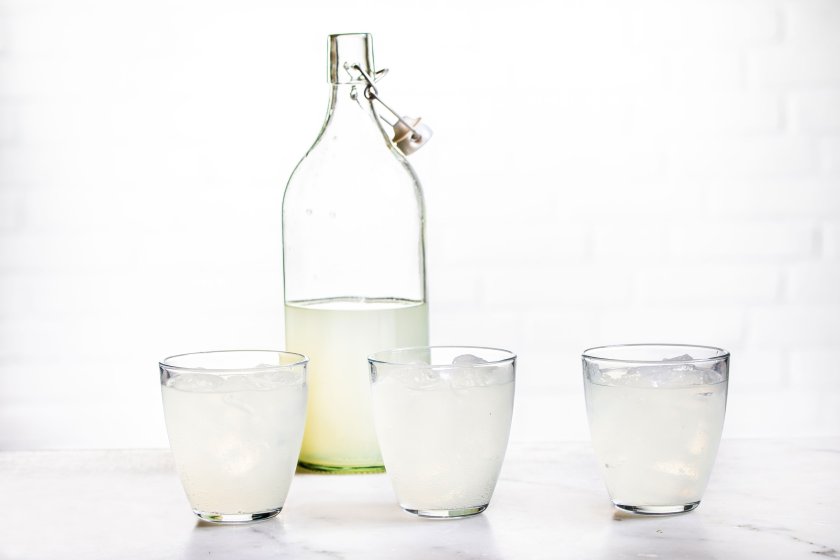
News
New Fermentation Lab in Foodvalley Region will accelerate the protein transition
To provide more organisations with the opportunity to experiment with fermentation, a new and innovative Fermentation Lab will be established at Smaakpark, a hub for sustainable food initiatives in Ede. Fermentation is essential for making plant-based products tastier, processing food waste streams and extending the shelf life of food products. This makes it an important part of the plans to accelerate the transition to plant-based proteins and a circular economy.
Fermentation Lab as part of the Foodvalley Regional Deal and Shared Facility Finder
The bulk of the Fermentation Lab’s funding is provided by the Foodvalley ‘Regional Deal’. The lab will be about 110 square metres, not counting a greenhouse complex and fishponds, and will participate in the Shared Facility Finder (SFF). This is a joint initiative of Foodvalley NL and Wageningen University & Research (WUR) that encourages businesses, entrepreneurs and institutions to use each other’s facilities. Interested parties can find the Fermentation Lab and book its facilities through the SSF.
“Research facilities are often not used for 100%,” says Petra Roubos of Foodvalley NL. “Sharing these facilities is a sustainable way to invest in the circular economy together. The best thing about it is that it brings people from different backgrounds together to share their knowledge, resulting in innovative and practical ideas.”
Initiator Smaakpark Ede attracting new participants
Smaakpark Ede is the initiator, owner and user of the Fermentation Lab and has been experimenting with fermentation for several years. “Foodvalley NL noticed our work and pointed us to a grant to develop the idea further,” says Christian Weij, director of Smaakpark. “With the help of the Shared Facilities funding provided by the Foodvalley Regional Deal, we can now build a completely new lab and provide more businesses and researchers with access to it.” Several organisations have already signed up to use the lab, including Aeres University of Applied Sciences and WUR.

The lab is a big step forward for the protein transition. By sharing the lab, the costs for entrepreneurs can be kept to realistic proportions, making it an ideal initiative for small and young businesses. They can use the lab to experiment and further develop products that will eventually find their way to consumers. This is one of the core activities of Foodvalley NL, says Roubos. “We want to keep expanding the sustainable food ecosystem. We know what is needed for a successful grant application and the users of the facilities know what innovations the market is looking for. We need to find and connect with each other to achieve the transition to sustainability, and the support provided by the Regional Deal has facilitated this.”